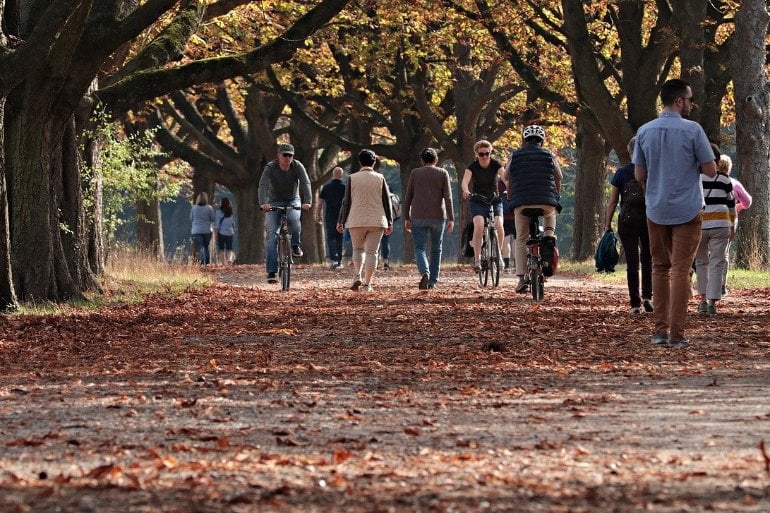Summary: Exercise helped to reduce cognitive decline two years later in Parkinson’s patients with the APOE e4 gene variant.
Source: AAN
For people with Parkinson’s disease, problems with thinking and memory skills are among the most common nonmotor symptoms of the disease. A new study shows that exercise may help slow cognitive decline for some people with the disease.
The study is published in the March 31, 2021, online issue of Neurology.
Research has suggested that people with Parkinson’s who have the gene variant apolipoprotein E e4, or APOE e4, may experience faster cognitive decline and earlier in the disease than people without the variant. APOE e4 is known as a genetic risk factor for Alzheimer’s disease. The study looked at whether exercise could play a role in slowing cognitive decline for people with APOE e4.
“Problems with thinking skills and memory can have a negative impact on people’s quality of life and ability to function, so it’s exciting that increasing physical activity could have the potential to delay or prevent cognitive decline,” said study author Jin-Sun Jun, M.D., of Hallym University in Seoul, Korea.
The study involved 173 people with early Parkinson’s disease who were on average 63 years old at the time and 59 years old when they developed the disease. A total of 27% had the APOE e4 gene variant. People reported their physical activity with a questionnaire on how much activity they had in the previous week through leisure activities such as walking or biking, household activities such as dusting or yard work and work activities for pay or as a volunteer.
People took a test of their thinking skills at the beginning of the study and then one and two years later. Overall, scores at the beginning of the study averaged 26 points. For people with the APOE e4 gene variant, test scores declined by an average of 1.33 points by the end of the study compared to those without the variant. But researchers also found that greater physical activity at the start of the study lessened APOE e4-related cognitive decline two years later by an average of 0.007 points.

“Additional research is needed to confirm our findings, but these results would support the use of interventions that target physical activity as a way to delay cognitive decline in people with early Parkinson’s who have the APOE e4 gene variant,” Jun said.
A limitation of the study was that participants reported their own levels of physical activity, so there is the possibility that they would not remember their levels exactly.
Funding: The study was supported by the Korean National Research Foundation.
About this Parkinson’s disease research news
Source: AAN
Contact: M.A Rosko – AAN
Image: The image is in the public domain
Original Research: The study will appear in Neurology






